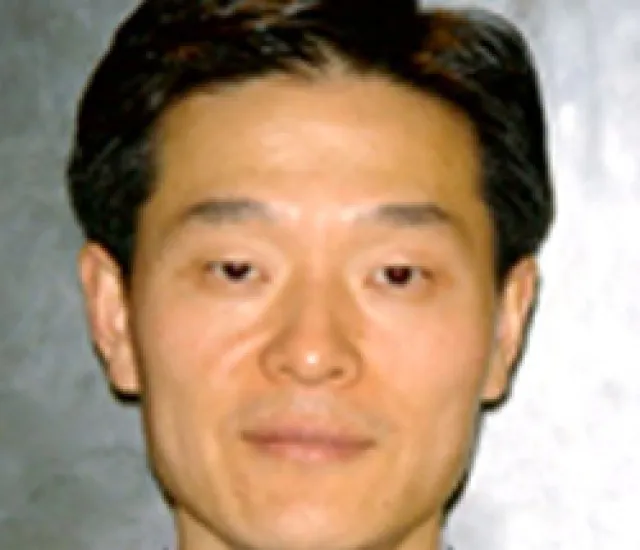
Tiger Asia's Bill Hwang Continues His Comeback
It has been a spectacular comeback by Tiger Asia's Bill Hwang. Having dropped nearly 30 percent earlier this year, he is now up 8.6 percent for the year with an 8.8 percent gain in September.
Stephen Taub
October 12, 2011



